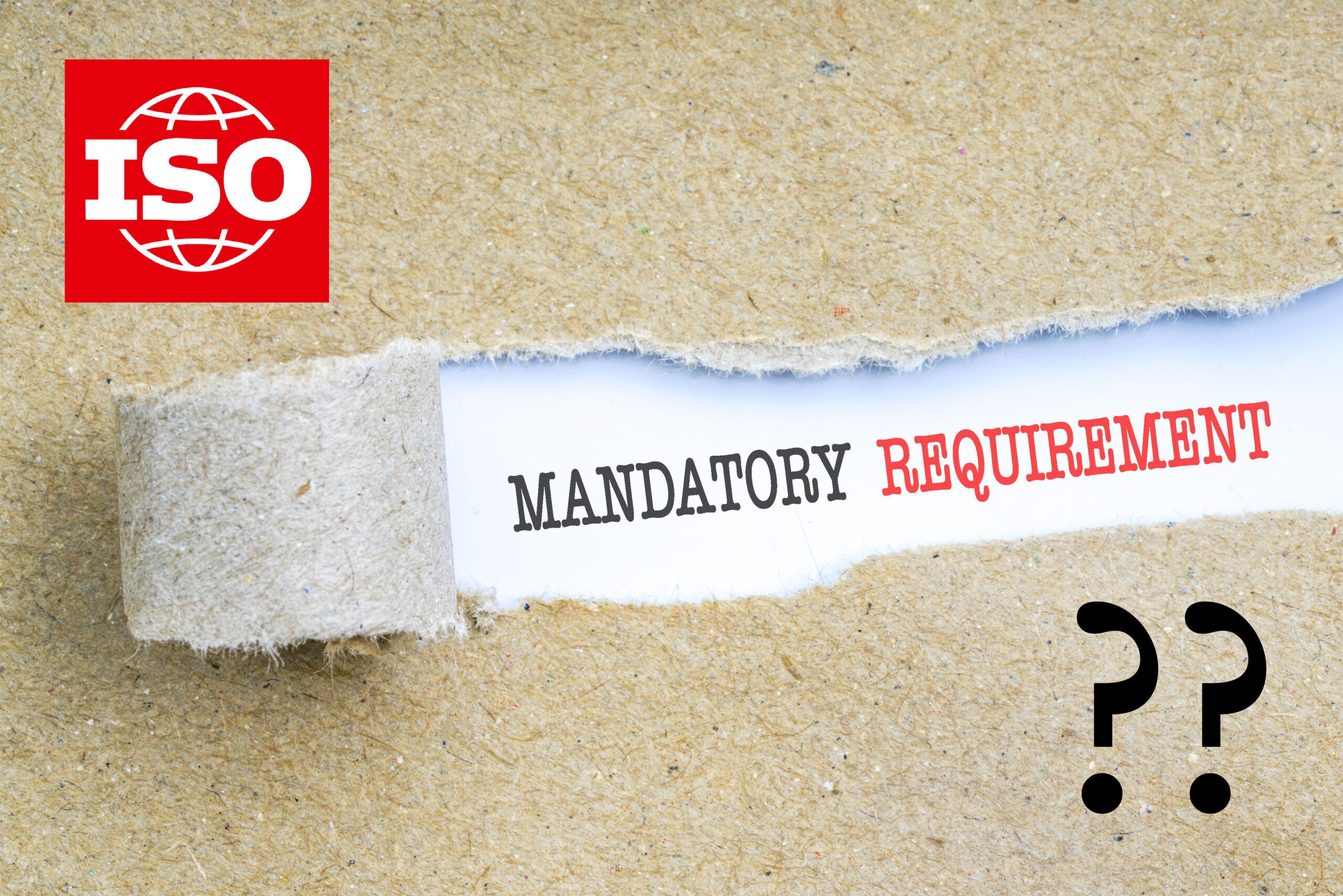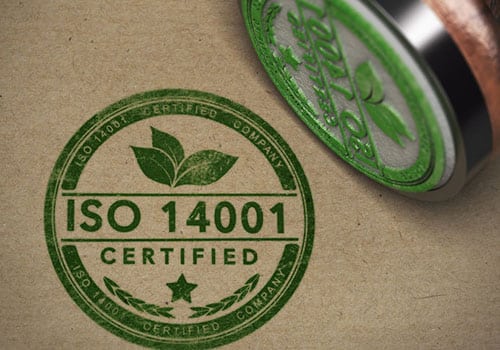
Simple is Hard: How We Simplify ISO Management Systems at EmmersonWills
At EmmersonWills, we proudly stand as The ISO Simplification Experts. Achieving simplicity takes expertise and intention. As Blaise Pascal once noted, "I would have written a shorter letter, but I did ...

Do You Know What’s Happening with Your ISO Management Systems – And Could They Be Costing You?
In today’s fast-paced business environment, ISO management systems are vital for keeping operations running smoothly and ensuring compliance with industry standards. Yet, for many companies, these sys ...

ISO Standards Have Evolved – Have You?
In the world of business management and organizational efficiency, ISO standards have long been the gold standard. But like any gold standard, they are not static. They evolve and adapt to the changin ...

The Financial Impact of ISO 9001, 14001, And 45001 On Business Performance
In today’s competitive business environment, companies are constantly seeking ways to enhance their performance and gain a competitive edge. One effective strategy is obtaining ISO (International Orga ...

The Future of ISO: Emerging Trends and Evolving Standards
In today's rapidly changing world, where technology evolves at breakneck speed and global challenges demand innovative solutions, the International Organisation for Standardisation (ISO) plays a cruci ...

Unlocking Excellence: Continuous Improvement in ISO 9001, ISO 14001, and ISO 45001
In today's dynamic business landscape, the pursuit of excellence isn't just a lofty aspiration; it's a strategic imperative. Organisations worldwide strive not only to meet but exceed customer expecta ...

The Strategic Advantage of ISO Consultants: A Shift in Market Dynamics
In today's rapidly evolving business landscape, maintaining a stable and efficient management system is crucial for success. One powerful solution that businesses are increasingly turning to is the hi ...

Elevating Efficiency and Productivity: The Transformative Power of ISO Standards in Organisations
In the ever-evolving landscape of business, organisations are constantly seeking ways to enhance their operations, streamline processes, and ultimately boost efficiency and productivity. One powerful ...

Understanding ISO Standards: Are They Mandatory, and What Are the Benefits?
In today's globalised world, businesses strive to ensure the quality of their products and services while maintaining efficiency and safety. One tool that has gained significant prominence in this pur ...

ISO 14001: Environmental Management Systems for Sustainable Business Practices
A Comprehensive Guide from EmmersonWills ISO Consultants In today’s world where environmental concerns are at the forefront of global discussions, businesses are under increasing pressure to adopt su ...

